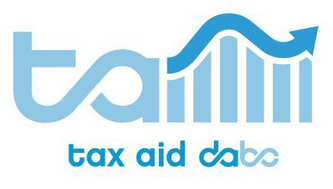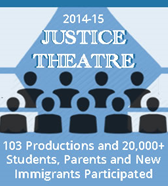New Service Alert: Tax Assistance & Information for People with Disabilities
Today’s post introduces a New Service from Disability Alliance BC, a Clicklaw Contributor.
Who can use this service?
People receiving BC disability benefits: the Persons with Disabilities (PWD) or Persons with Persistent and Multiple Barriers (PPMB) benefit and need help filing income tax returns from past years.
Click here to learn more about BC disability benefits.
What can this new service do for you?
- Help you gather the documents necessary to file your taxes
- Meet with you one-on-one to help you file your basic
income tax return - Provide information and advice (in-person, or by phone and/or email) about filing income tax returns – See their informational page on the Benefits of Tax Filing
- Provide referrals to community organizations in your area that can help with more complex tax returns
- Access advice and support for you from a chartered accountant if your tax return is complex
How do I get started?
Find Contact Information, Hours of Service, and more at Disability Alliance BC‘s Service Listing for this service on the HelpMap:
Click here for Tax Assistance & Information for People with Disabilities – Service Listing



